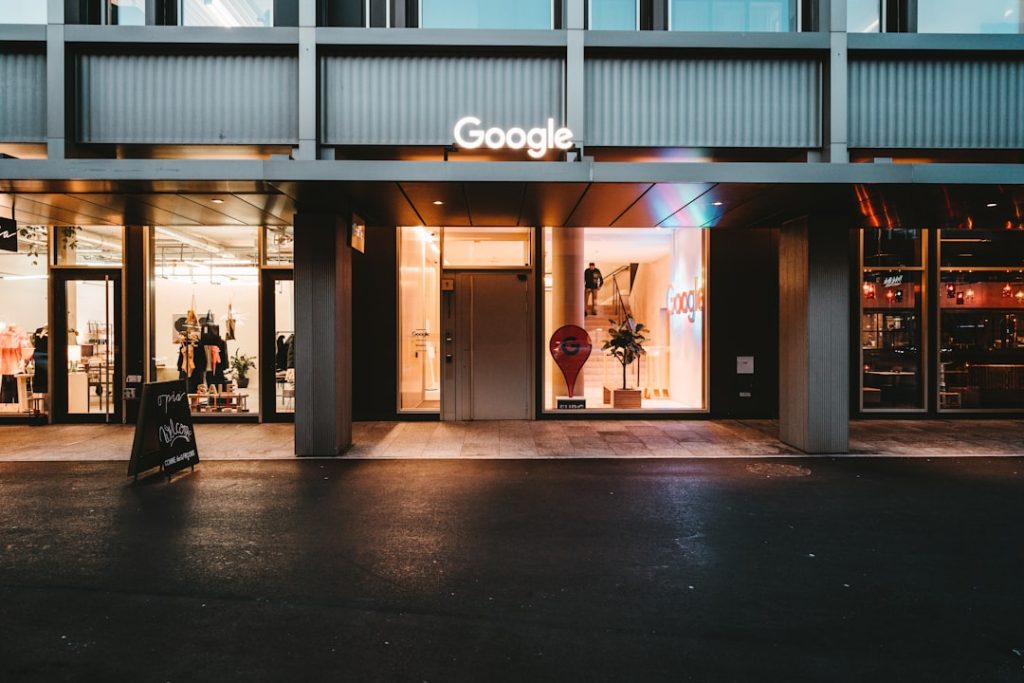Ever wonder why your competitors seem to dominate Google search results while your business is nowhere to be found? It’s a common frustration, but don’t worry, it’s often fixable. Let’s explore the reasons why your competitors might be outranking you and what you can do about it.
1. They’ve Nailed Their SEO
Search Engine Optimization (SEO) is the foundation of online visibility. If your competitors are ranking higher, they’re likely doing a better job at SEO. This involves several key areas:
- Keyword Research: They’ve identified the terms people use to search for their products or services and are strategically using those keywords on their website.
- On-Page Optimization: Their website content is optimized for search engines. This includes having relevant keywords in page titles, headings, meta descriptions, and throughout the body of their text.
- Technical SEO: Their website is easy for search engines to crawl and index. This means having a clean site structure, fast loading speeds, mobile-friendliness, and an SSL certificate (HTTPS).
2. Content is King (and Queen!)
Google loves fresh, high-quality content that provides value to users. If your competitors are consistently publishing informative blog posts, helpful guides, engaging videos, or other types of content, they’re signaling to Google that they’re a valuable resource. Think about what questions your potential customers are asking, and then create content that answers those questions thoroughly and accurately.
3. Backlinks: The Power of Referrals
Backlinks are links from other websites to yours. Google treats backlinks as votes of confidence. The more high-quality backlinks you have, the more authoritative your website appears to Google. Your competitors may have a stronger backlink profile than you do.
How to get backlinks:
- Create amazing content that people want to share and link to.
- Reach out to other websites and ask them to link to your content.
- Participate in industry discussions and forums.
- Guest blog on other relevant websites.
4. User Experience (UX) Matters
Google pays close attention to how users interact with your website. If people quickly leave your site (bounce rate) or don’t spend much time browsing (low dwell time), it signals to Google that your website isn’t providing a good user experience. Your competitors might have a website that’s easier to navigate, more visually appealing, and provides a better overall experience.
5. Local SEO is Crucial (If You’re a Local Business)
If you’re a local business, local SEO is essential. This involves optimizing your Google Business Profile (formerly Google My Business) listing, getting local citations (mentions of your business name, address, and phone number on other websites), and encouraging customers to leave online reviews. Your competitors may be more active in managing their local online presence.
6. Website Age and Authority
Older websites often have an advantage in search rankings because they’ve had more time to build authority. However, a newer website can still outrank an older one with a stronger SEO strategy. Don’t be discouraged by the age of your competitors’ websites; focus on building your own authority through high-quality content, backlinks, and a great user experience.
7. They Might Be Paying for It! (Google Ads)
Sometimes, the reason you see competitors at the top of Google is simply because they’re running Google Ads (pay-per-click advertising). These ads appear above the organic search results. While organic SEO is a long-term strategy, Google Ads can provide immediate visibility.
What Can You Do About It?
- Audit Your Website: Identify areas where your website is lacking in terms of SEO, content, user experience, and technical aspects.
- Develop a Content Strategy: Create a plan for consistently publishing high-quality content that targets relevant keywords and answers your audience’s questions.
- Build Backlinks: Actively work to acquire backlinks from other reputable websites.
- Optimize Your Google Business Profile: If you’re a local business, make sure your Google Business Profile is complete, accurate, and optimized.
- Track Your Progress: Use tools like Google Analytics and Google Search Console to monitor your website’s performance and identify areas for improvement.
- Consider Professional Help: If you’re feeling overwhelmed, consider hiring an SEO expert or digital marketing agency to help you develop and implement a comprehensive SEO strategy.
It takes time and effort to improve your search engine rankings, but by focusing on SEO, content, user experience, and backlinks, you can start to climb the ladder and get your business seen on Google.
Don’t get discouraged if you’re not seeing results overnight. SEO is a marathon, not a sprint. Stay consistent, keep learning, and adapt your strategy as needed. With dedication and the right approach, you can definitely improve your visibility and start attracting more customers through Google search!
